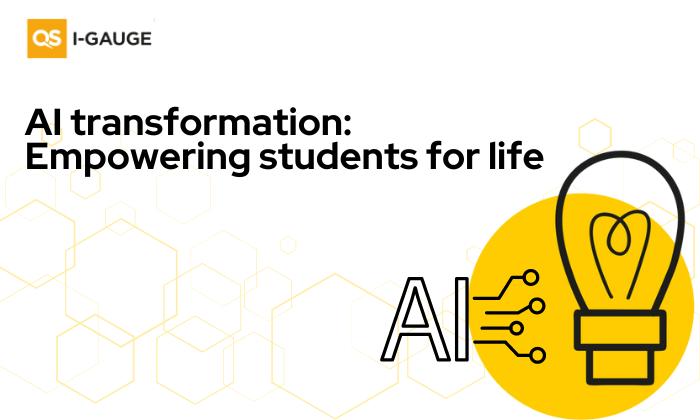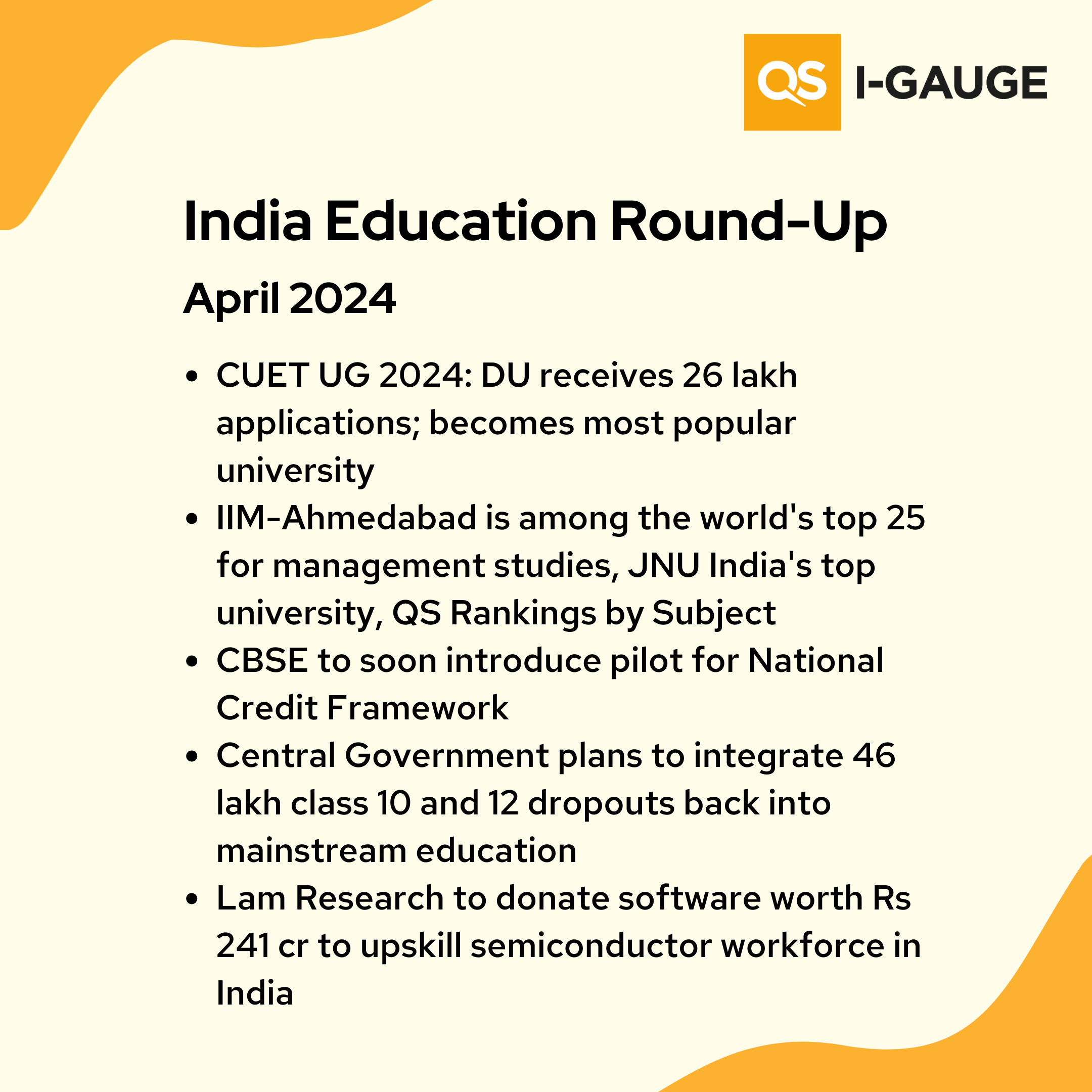
AI Education in India: Six Transformative Ways Technology is Shaping Learning
In this fast-paced digital era, technology has become an important part of our lives. With one click, we can achieve whatever we want, whether it is gaining access to information or taking the help of technology to make our lives easier, we can do it all. Last year, we witnessed one of the greatest technological advancements which is Artificial Intelligence.
As we delve into the 21st century, Artificial Intelligence is emerging as a revolutionary force in transforming the education system across the globe. India is known for its rich cultural heritage and diverse educational system, and by using AI education in India we can open doors to innovative learning experiences. In this blog, let us look at innovative ways in how AI education in India is being done.
6 ways AI is Transforming Education in India
1. Personalised learning
Through personalised learning, students can receive targeted support in areas where they struggle and also explore their interests and talents in-depth. By fostering an environment where students can learn at their own pace, we can empower them to take ownership of their education while cultivating a love for lifelong learning.
Furthermore, the use of AI in education cultivates critical thinking skills and nurtures creativity by encouraging students to explore diverse perspectives and discover unique solutions to problems – skills that are essential in today's rapidly evolving world. With personalized learning, educators become facilitators guiding each student toward realizing their fullest potential.
2. Intelligent Tutoring Systems
By analysing student data, Intelligent Tutoring systems can identify areas of weakness, provide targeted feedback, and offer personalized recommendations for improvement. These systems continuously monitor the learner's performance, adjusting the content difficulty level and instructional strategies accordingly.
Moreover, Intelligent Tutoring Systems have proven to be highly effective in enhancing student outcomes. By providing individualised guidance and immediate feedback, these systems empower learners to take ownership of their education, boosting their confidence levels and cultivating a sense of accomplishment.
3. Adaptive Assessments
By utilising algorithms, adaptive assessments provide a personalized learning experience that maximizes each student's potential. Imagine a scenario, where a student is undergoing a math assessment. The system instantly analyzes their answers, evaluates proficiency, and pinpoints areas needing improvement.
Adaptive assessments not only enable educators to gather precise data on students' understanding but also empower learners to track their progress effectively. This use of artificial intelligence in education in India brings forth a future where every learner has the opportunity to excel at their own pace while enjoying a sense of accomplishment along the way.
4. Virtual Classrooms
Equipped with advanced interactive features, virtual classrooms enable real-time video conferencing, chat functionalities, file-sharing capabilities, and interactive whiteboards. Moreover, through the use of AI in education sector, seamless integration of multimedia content, online assessments, and instant feedback mechanisms can happen.
Students can explore historical sites or dive into the depths of outer space through captivating visual simulations presented. Furthermore, students can even connect with different educators and teachers around the world. This provides students with unique perspectives and a broader understanding of the subject matter.
5. AI-powered Content Creation
This innovative approach uses advanced algorithms and machine learning techniques to generate high-quality educational materials, ranging from textbooks to interactive multimedia resources. By automating the content creation process, AI in education sector enables educators to access a wealth of up-to-date and tailored resources for their students.
One significant aspect of AI-powered content creation is its ability to adapt content according to individual student needs and learning styles. Through data analysis, AI in education sector can identify knowledge gaps and customize educational materials accordingly, ensuring that students receive targeted information that suits their unique requirements.
6. Predictive Analytics for Student Success
By analyzing vast amounts of data, this technology can predict students' future performance and tailor interventions to maximize their success. With predictive analytics, educators can gain valuable insights into students' learning patterns, identifying trends and factors that impact academic performance.
Additionally, predictive analytics offers personalized recommendations for each student's learning journey. By understanding their strengths and weaknesses, educators can provide tailored resources and strategies that cater to individual needs. The ability to adapt instructional methods ensures that each student receives the support required for success.
Conclusion
In a society where education is paramount and opportunities are highly valued, the use of AI education in India emerges as a transformative force. By revolutionizing traditional educational paradigms, AI fosters a generation of learners equipped with the skills, adaptability, and critical thinking needed to thrive in an ever-evolving world.
Disclaimer
The views and opinions expressed in this blog do not necessarily represent those of QS-ERA India Private Limited and/or its employees, partners, shareholders, or other stakeholders.







Leave Your Comments